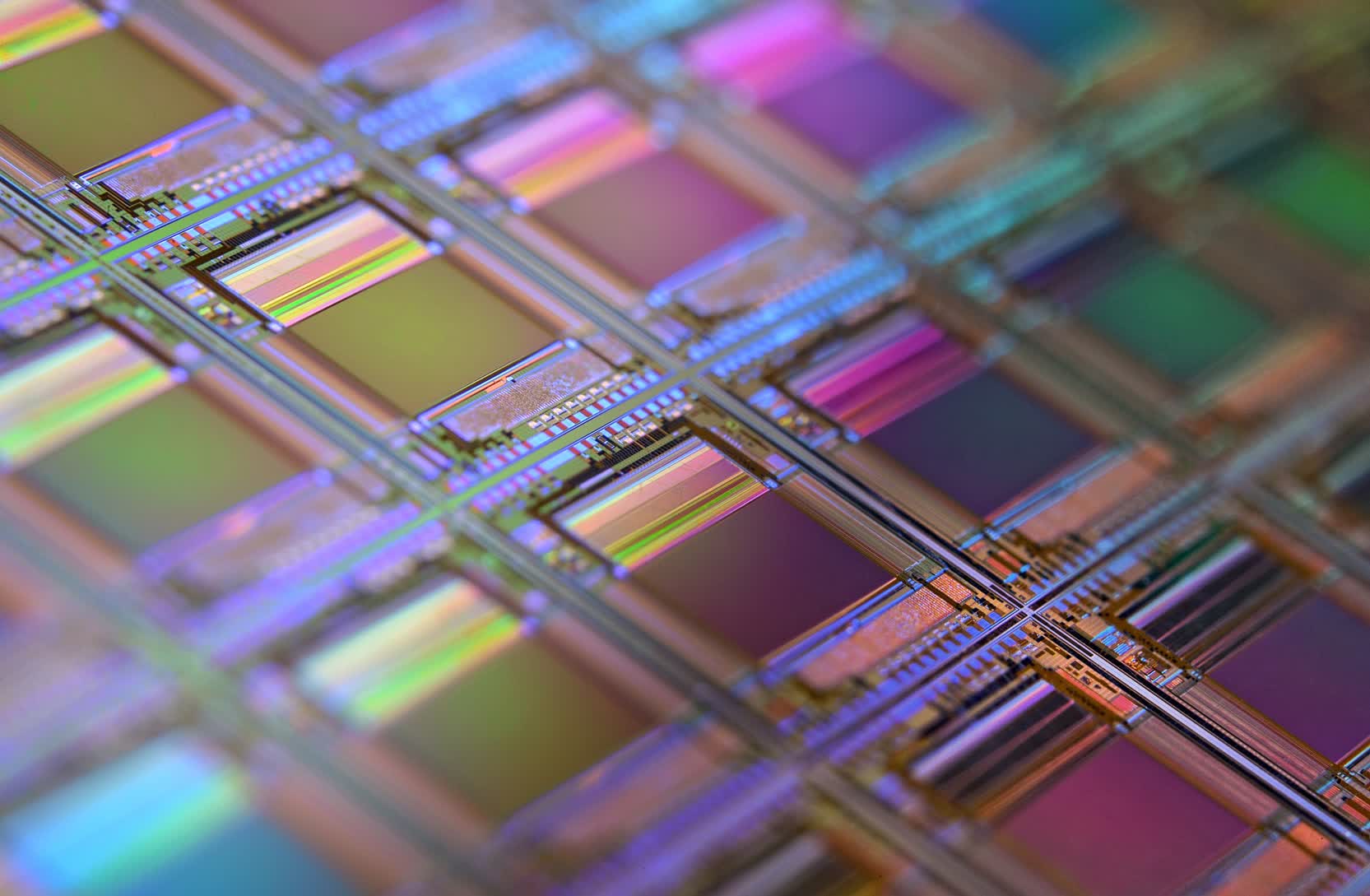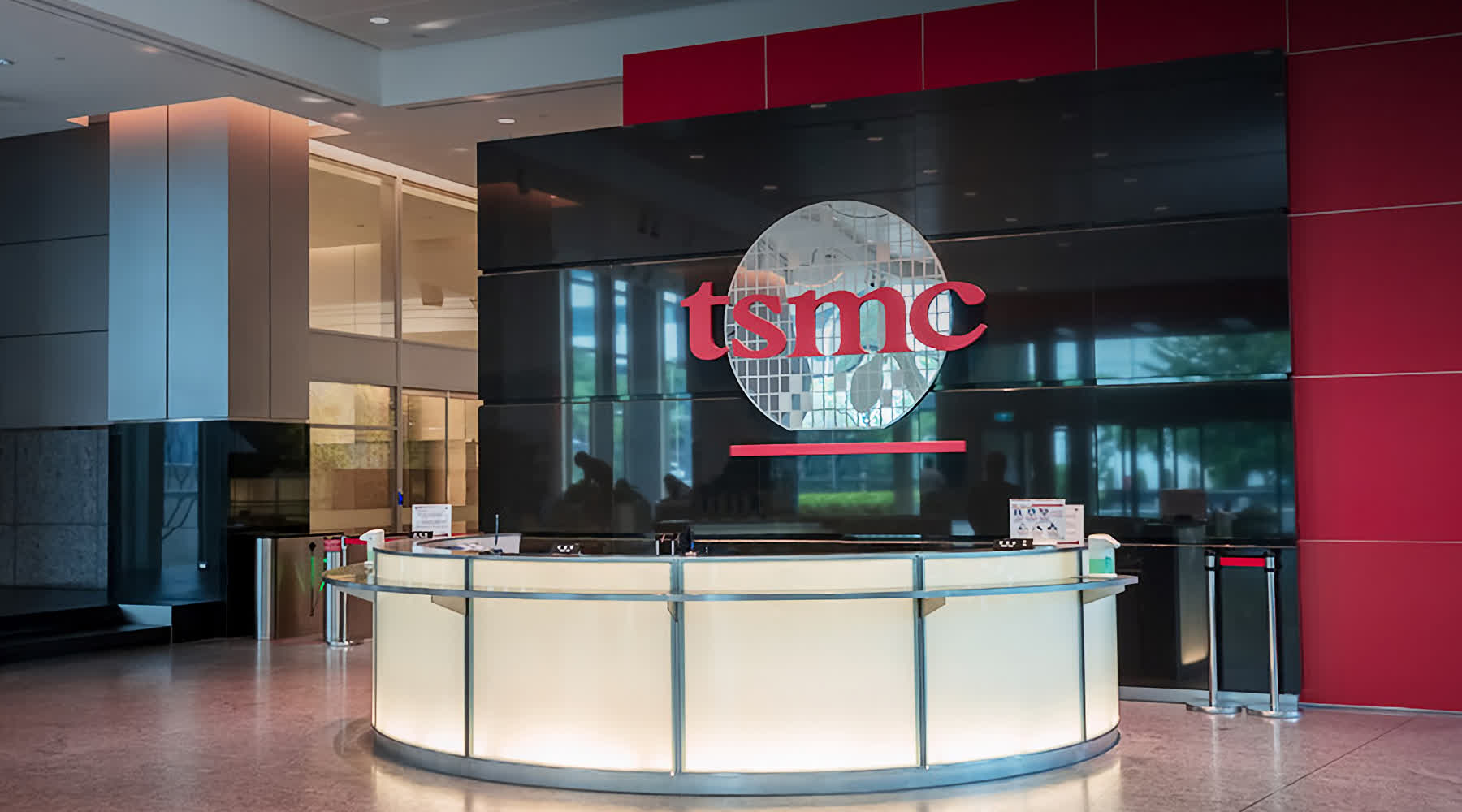In brief: Although we are still about a year away from seeing TSMC 3nm process node being mass-produced, reports about which companies will adopt it have already started to emerge. As it seems, Intel and Apple will be the first to leverage the N3 node, with Apple being the first to release a device powered by it, the next-gen iPad.
Apple has been suggested as one of the first companies to take advantage of the N3 node after reports that it was partnering up with TSMC in the node's risk production, expected to begin later this year. Once the N3 node's mass production begins, scheduled for the second half of 2022, Intel will reportedly join Apple as one of TSMC's first customers to benefit from it.
In Apple's case, it's said that TSMC's N3 node will be present on the next generations of iPad devices, which are also expected to be the first devices powered by this node. As for Intel, the company confirmed TSMC will be present in its 2023 product lineup without specifying which technology will be employed. However, rumors claim it will be featured on laptop and server CPU architectures.
"Currently the chip volume planned for Intel is more than that for Apple's iPad using the 3-nanometer process," stated one of Nikkei Asia's sources. Commercialization of N3 node-based chips is expected to begin in the second half of 2022, so products using them should come out in late 2022 or early 2023.

Compared to TSMC's 5nm process node, currently used to power Apple's M1 chip, the N3 node will offer 10% to 15% more computing performance or reduce power consumption by up to 30%. TSMC is also developing an N4 node, which some sources claim will be used on the next generation of iPhone devices.
Also Read: Apple M1: Why It Matters
Following Intel and Apple, AMD and Huawei should also join the list of customers to use TSMC's 3nm process node-based chips, but only later down the line, once the process is more "mature."
Image credit: Laura Ockel
